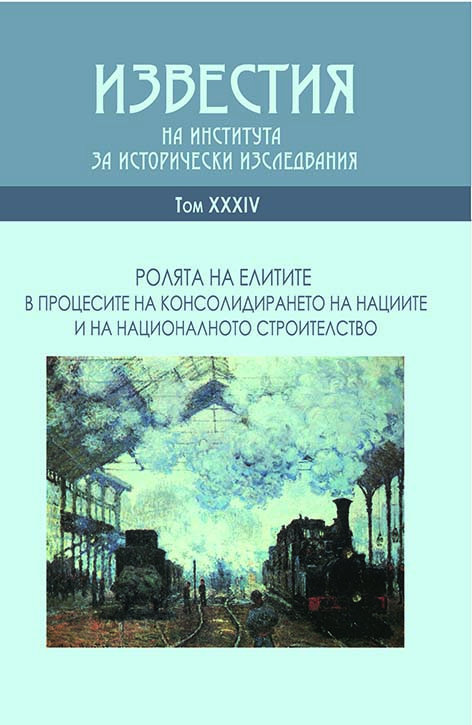Национализъм, миграция и туризъм (Случаят с детско летовище „Ерма“, гр. Трън)
Nationalism, Migration and Tourism (The Case with Children’s Playground “Erma”, Tran)
Author(s): Petar ParvanovSubject(s): History, Cultural history, Economic history, Social history, Recent History (1900 till today), Interwar Period (1920 - 1939)
Published by: Институт за исторически изследвания - Българска академия на науките
Keywords: nationalism; migration; tourism; Erma; development of economy
Summary/Abstract: Following the Neuilly Peace Treaty and the secession of territories from the Bulgarian state, including the so-called “Western Suburbs”, the country is experiencing a business and migration crisis. It has to reorient its economy and seek new sources of income for the national economy. One of these new branches of the economy is tourism, which is begun to look, not only as a means of recreation and pleasure, but also as a source of income. The state has to cope with refugee waves of Bulgarians who have moved to the interior of their homeland because the settlements in which they live remain under foreign rule. Another part of the migrants are moving to the big cities for economic reasons. As they settled in the big cities, refugees began to create community organizations, and a wave of patriotic and nationalist feelings rose there. There is nostalgia for the native end. Organized, refugees are beginning to seek economic recovery and cultural development in their native places. It is the combination of these factors that leads to the combination of national feelings, migratory waves and economic and cultural recovery, as is the case with the creation of the Erma Chateau Committee in Tran.
Journal: Известия на Института за исторически изследвания
- Issue Year: 34/2017
- Issue No: 1
- Page Range: 393-402
- Page Count: 10
- Language: Bulgarian
- Content File-PDF

